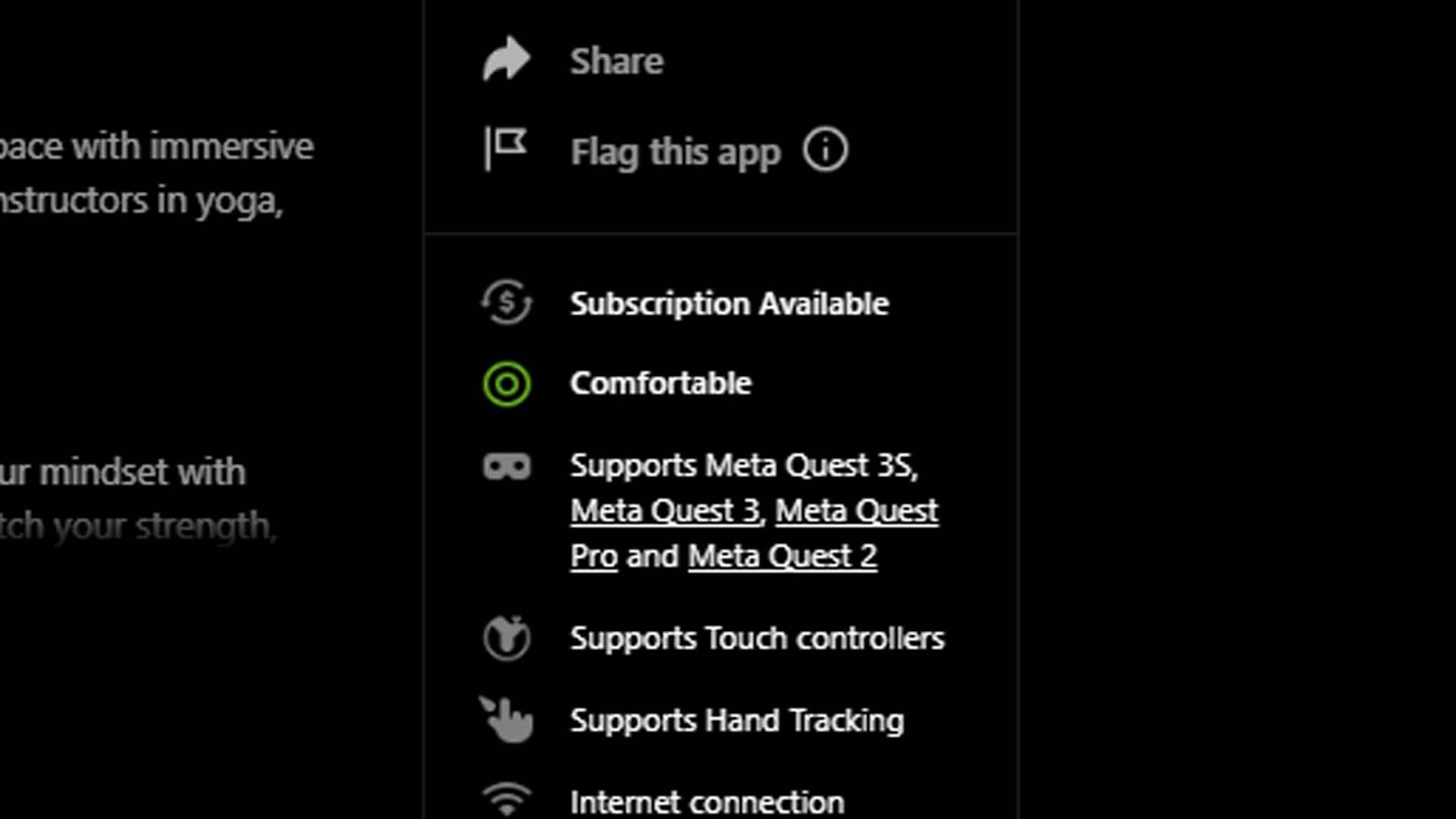A new Meta VR headset has been certified by the FCC, possibly pointing to the upcoming release of the rumored Quest 3S—or what could be the company’s more affordable offering next to Quest 3.
Update (September 3rd, 2024): A new VR headset from Meta is coming. Documents related to the FCC certification were published on Sunday, which typically arrives only days before a new Meta product is due to launch. A separate certification also popped up on third-party testing and certification site Dekra.
With Meta Connect coming up near the end of the month, it seems we’re only about three weeks away from finding out for good—provided we don’t see any of the usual leaks leading up to launch.
The original article covering the previous ‘Quest 3S’ name leak follows below:
Original Article (May 31st, 2024): It was revealed in early 2023 that Meta was internally cooking up a new Quest headset to ship in 2024, which the company mentioned it hoped would make the platform more accessible to consumers. Now, the naming scheme ‘Quest 3S’ has appeared in a recent app listing, seemingly confirming previous rumors of Meta’s next headset.
As seen in the Quest Store listing for XR fitness app Alo Moves XR, the name ‘Quest 3S’ has appeared, which ostensibly points to the company’s next headset.
Whether this is supposed to be that ‘more accessible’ (re: cheaper) headset in question remains to be seen, but it’s a good bet.

While you might think it could simply be a mistake made by any studio, Alo Moves XR is notably being published by Meta and developed by Magnopus, the same studio that worked with Meta to create an open source Unity demo built to showcase some of the most compelling things you can do in MR.
It’s not clear when Meta hopes to announce the supposed Quest 3S, also referred to in prior rumors as ‘Quest 3 Lite’. Its next big opportunity will be Connect 2024, which typically happens in October. The company tends to announce headsets there, so we’ll just have to wait and see (see update).
Meanwhile, Meta has slashed the price of Quest 2, bringing the 128GB version of its 2020-era standalone VR headset to just $200. This comes as the company has repositioned itself more as a platform holder and not a sole manufacturer as such, evidenced by the announcement it will be releasing its XR operating system to third-party OEMs for the first time. That’s set to include XR devices running Meta’s HorizonOS from a three initial partners ASUS, Lenovo, and Xbox—promising to bring a number of Quest-like standalones to the forefront in the near future.







